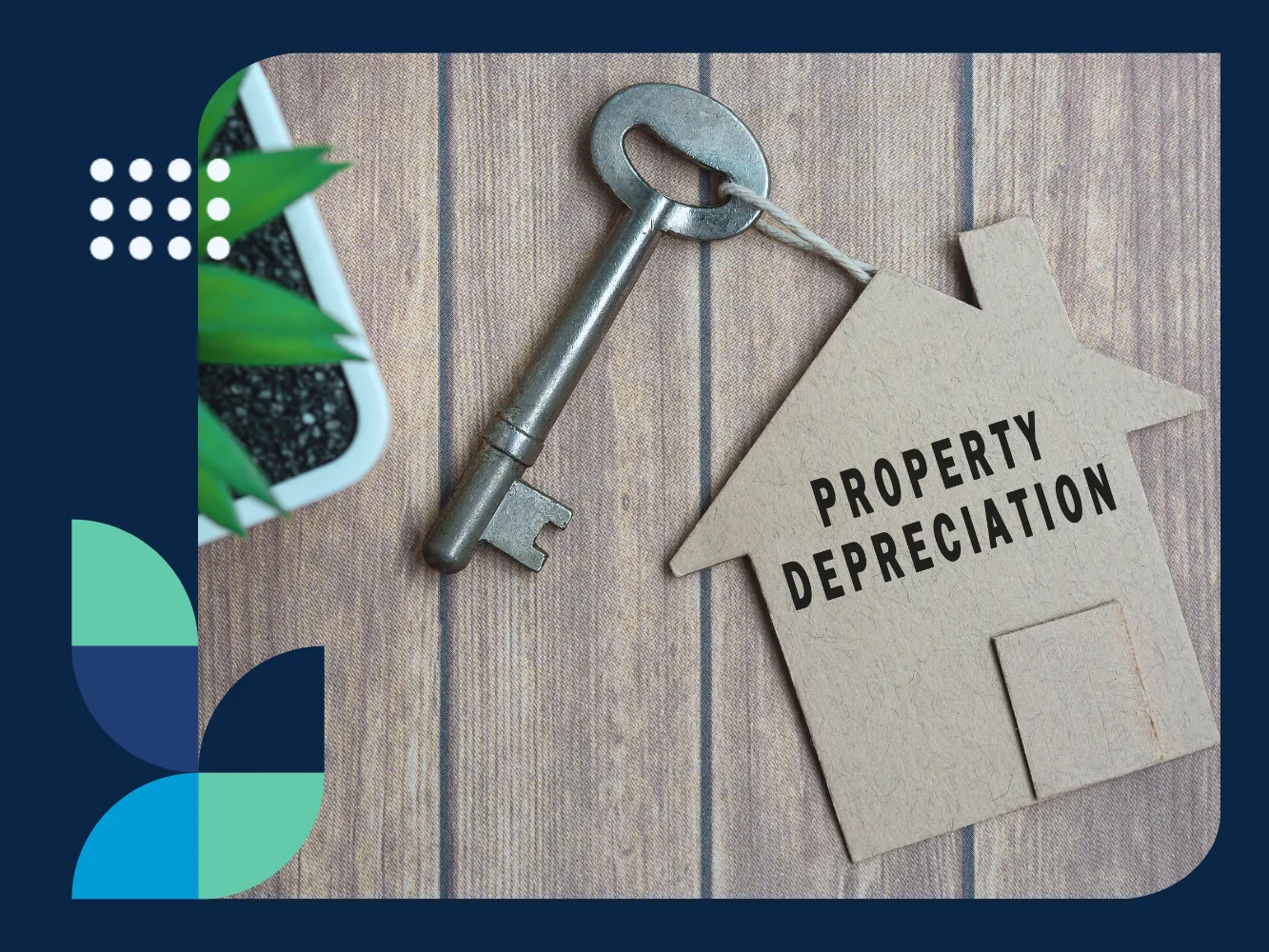Real estate ownership builds wealth. It also builds liability. Courts award larger settlements yearly, and even the best landlords face risks that can’t be controlled. A catastrophic accident could bankrupt your business or force you to liquidate valuable properties.
Being a landlord means protecting your rental property from risks. One of the most frustrating and costly risks is property damage caused by tenants. Whether accidental or intentional, tenant damage can threaten your cash flow and devalue your investment.
Managing rental property comes with rewards—but also with risk. As a landlord, you are responsible for maintaining safe premises and protecting yourself with landlord liability insurance when things go wrong.
Owning a rental property is an investment. Protecting that investment requires more than a good location or solid lease—it requires the right insurance. But how much does landlord insurance cost?
When you shift from living in a home to renting it out, your relationship with the property changes. So does your insurance. What used to be your sanctuary becomes a source of income—and a set of new risks. That’s why landlord insurance exists.
Property ownership comes with responsibility — and risk. Whether you live in the home or rent it out, choosing the right insurance is key. But many owners ask the same thing: Do I need both homeowners insurance and landlord insurance?
In today’s dynamic property market, understanding the nuances of insurance coverage is crucial for protecting your investments. Whether you are an owner-occupier or a property investor, knowing the difference between landlord insurance vs homeowners insurance can mean the difference between comprehensive protection and costly gaps in coverage.
Depreciation is one of the most valuable tax benefits available to rental property owners, yet many landlords overlook the financial advantages of rental property appliance depreciation. This guide explains how appliance depreciation works, how to calculate it, and how to report it on your tax return.
Depreciation is one of the most valuable tax benefits available to rental property owners, yet many landlords overlook the financial advantages of rental property appliance depreciation. This guide explains how appliance depreciation works, how to calculate it, and how to report it on your tax return.
Depreciation is one of the most valuable tax benefits available to rental property owners, yet many landlords overlook the financial advantages of rental property appliance depreciation. This guide explains how appliance depreciation works, how to calculate it, and how to report it on your tax return.
Depreciation is one of the most valuable tax benefits available to rental property owners, yet many landlords overlook the financial advantages of rental property appliance depreciation. This guide explains how appliance depreciation works, how to calculate it, and how to report it on your tax return.
Accurately reporting rental income is essential for compliance and financial success. Adding rental income to tax returns can seem daunting for many landlords, but understanding the steps involved can make the process much smoother.
FAQs about Tax Deductibles on Rental Property
Financing is the backbone of any successful rental property investment. Get it right, and you’re set up for steady growth and profitability. Get it wrong, and you might find yourself struggling with cash flow issues or missing out on great opportunities. Understanding the ins and outs of financing an investment property isn’t just smart—it’s essential.
Owning a rental property can be a smart investment, but it comes with its own tax structure, challenges, and rewards. One of the biggest rewards is the tax benefits of rental property ownership.
Navigating the complexities of rental property ownership can be challenging, particularly when it comes to maximizing income. Professional property management offers a strategic advantage in this endeavor.
Investing in rental property is a timeless strategy that combines the potential for steady income with the promise of long-term capital appreciation. As a beginner, the prospect can be both exciting and daunting, but with the right approach, it can be remarkably rewarding. This article is designed to guide you through the fundamentals of real estate investment, helping you navigate the initial complexities and set a solid foundation for success.
Whether you're a first-time landlord or have been managing rental properties for years, staying on top of your tax obligations is key to maximizing your profits and avoiding penalties. We'll cover everything from how to report your income to the IRS, to what deductions you can claim to reduce your tax bill.





















